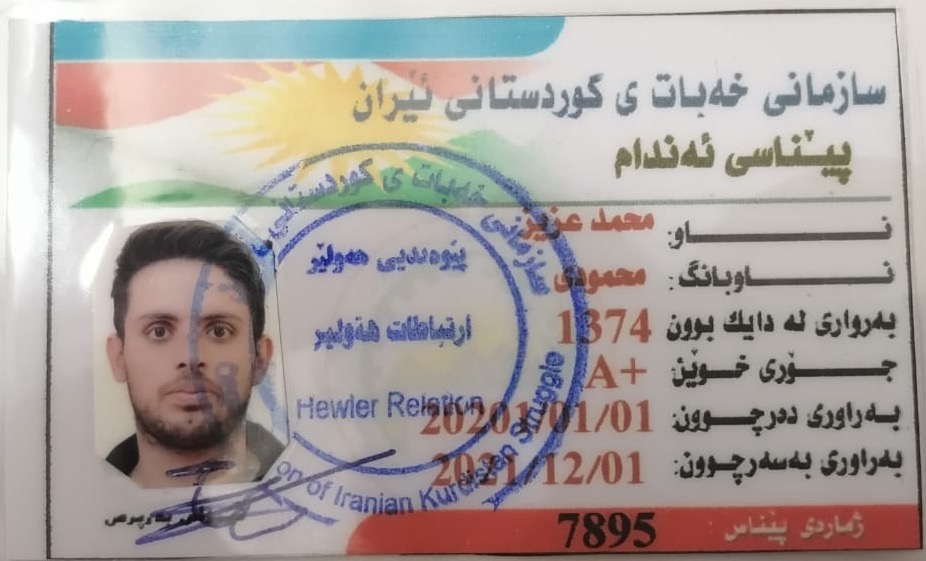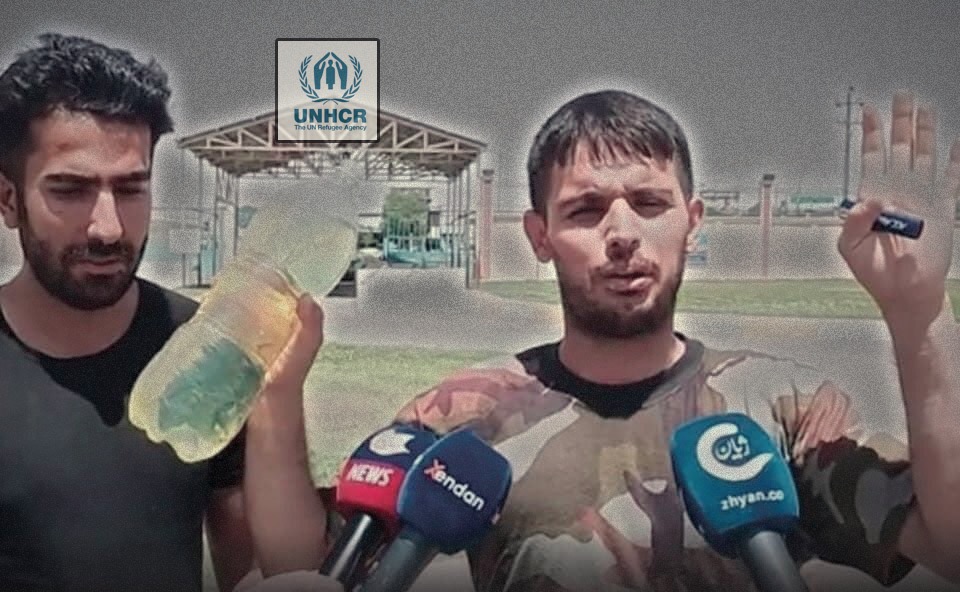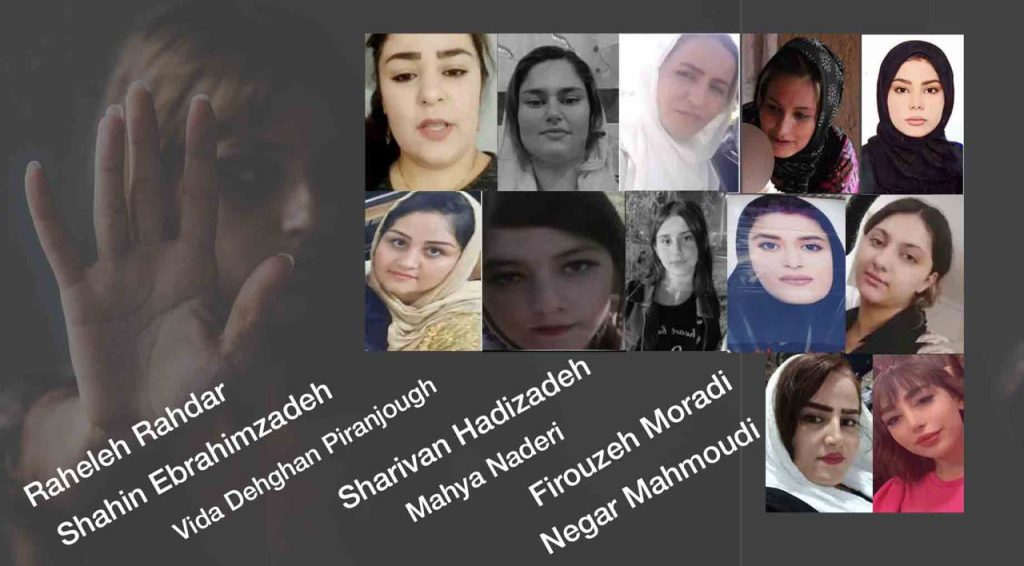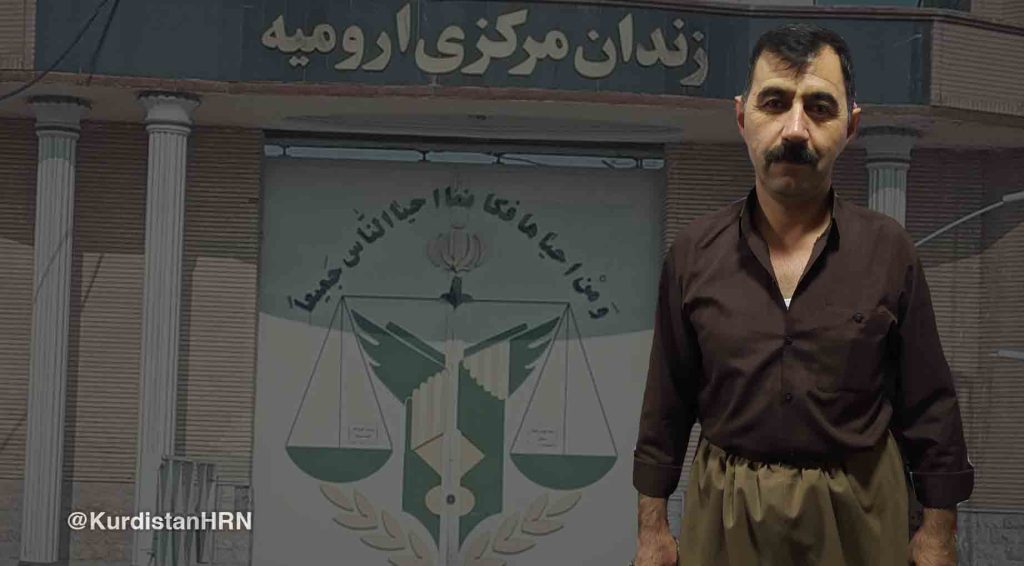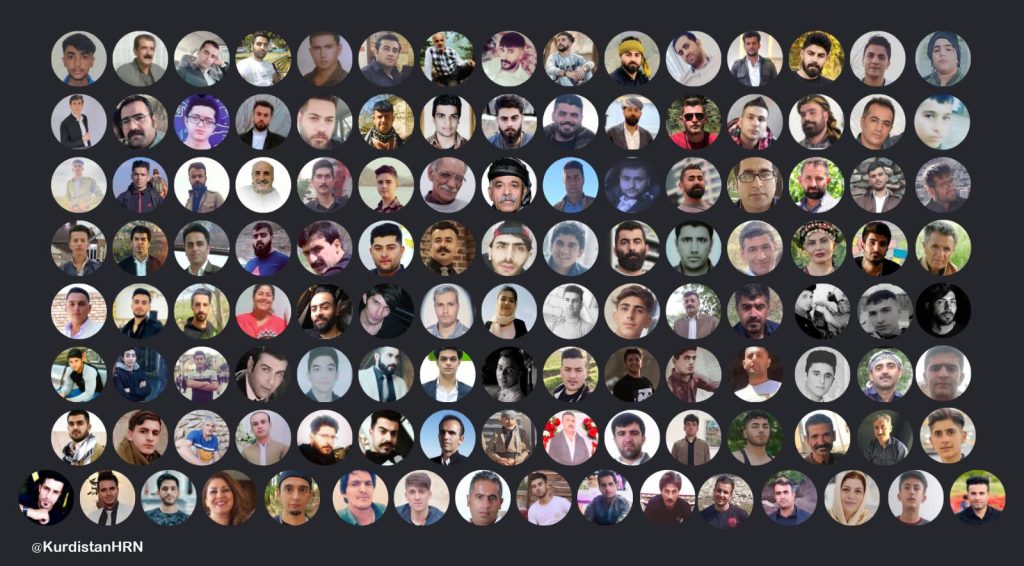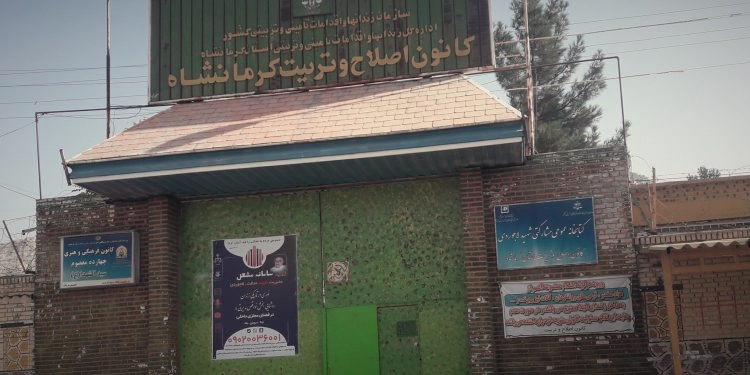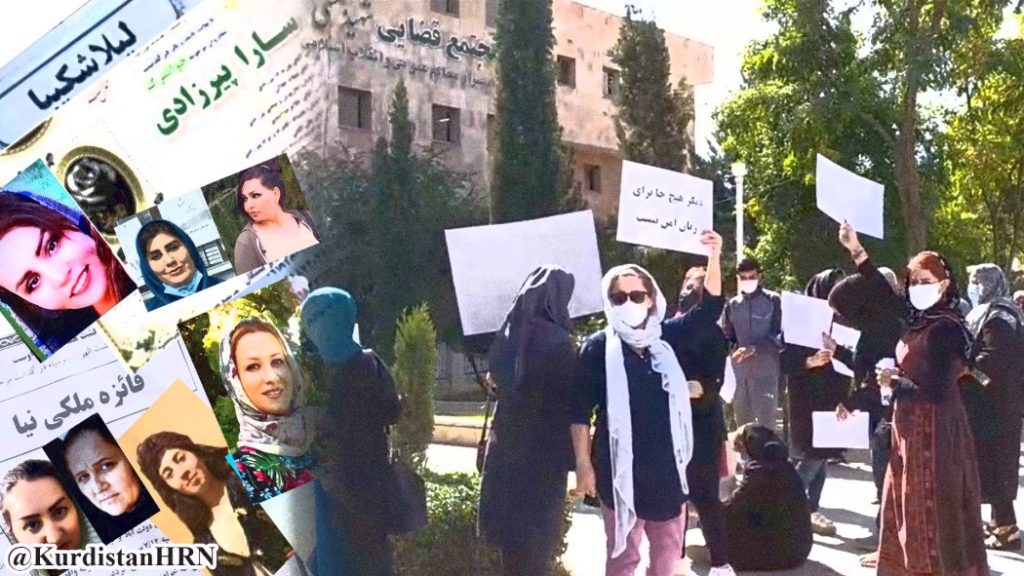Iranian Kurdish asylum seeker Behzad Mahmoudi, who had set himself on fire last week in front of the United Nations High Commissioner for Refugees (UNHCR) office in Erbil, Kurdistan Region of Iraq, in protest of the uncertainty regarding his refugee status, has lost his life in the hospital this morning due to suffering from severe burns.
Mahmoudi set himself on fire on 18 May 2021 in the presence of journalists from several media outlets in the Kurdistan region. The indifference of UNHCR officials to the asylum seeker’s demands, as well as the lack of efforts by the journalists to prevent him from setting himself on fire in front of the cameras, have sparked a wave of criticism on social media towards the refugee situation in the Kurdistan Region, the indifference of the UN officials, the restrictions imposed by the Kurdistan Regional Government (KRG), and the responsibility of journalists and human rights activists.
In recent days, protest rallies and sit-ins by groups of Iranian Kurdish asylum seekers were held in front of the UN office in Erbil. In some cases, KRG police used violence to disperse protesters and collect the tents that they had set up in front of the UN office.
The protesting asylum seekers also submitted a letter consisting of nine points to the UN office in Erbil, stating their situation and demands. But, so far, neither the UN office in Erbil nor UNHCR authorities have responded to the letter.
In an interview with the Kurdistan Human Rights Network (KHRN), a member of the Rojhelat Refugee Association based in the Kurdistan region described the general contents of this letter as follows:
1. The UNHCR is required by the rules of this organisation to review the case of any political asylum seeker within three to six months of registration and to take necessary actions to begin processing the individual’s case and his/her safe transfer to a safe third country.
2. The UNHCR office in the Kurdistan region must separate the case of political asylum seekers facing danger from the Islamic Republic of Iran from the case of social asylum seekers who sometimes travel to Iran, and take prompt action to process the case of these political asylum seekers.
3. The UNHCR office in the Kurdistan region must build temporary accommodation for Iranian refugees in cooperation with the KRG until the end of the asylum process and transfer of the asylum seeker to a third country.
4. The UNHCR office in the Kurdistan region must ensure that the mechanism for distributing humanitarian aid to all asylum seekers is fair and non-discriminatory.
5. The UNHCR office in the Kurdistan region and the KRG must take action to address the issue of food rations for asylum seekers who hold the region’s residence permit, but assistance to whom has been suspended by the central government.
6. The UNHCR office in the Kurdistan region and the KRG must take the necessary and immediate measures to help and remove barriers to medical care for the health status of sick and disabled asylum seekers.
7. The UNHCR office in the Kurdistan region and the KRG must work together to address the administrative and residency issues faced by asylum seekers in the governmental offices of the region.
8. The UNHCR office in the Kurdistan region and the KRG must make the necessary plans to address the education problem of asylum seekers and students and provide them with monthly financial assistance.
9. The UNHCR office in the Kurdistan region and the KRG must provide employment opportunities for asylum seekers by removing restrictions.
Zoleykha Mohammadi, another member of the Rojhelat Refugee Association, expressed her sorrow about Behzad Mohammadi’s self-immolation and said: “Unfortunately, the difficult living conditions faced by asylum seekers in the Kurdistan region and the indifference of the UNHCR to their situation have caused people like Behzad Mahmoudi to take such actions and lose their lives. Last year, too, an Iranian Kurdish refugee woman committed suicide by jumping off a bridge in the city of Sulaymaniyah as a result of similar pressures, and is now in a very poor physical condition.”
To prevent a recurrence of such tragedies and to change the situation of refugees in the Kurdistan region, members of the Rojhelat Refugee Association believe it necessary for a team to be formed consisting of representatives of Iranian Kurdish refugees, a representative of the Kurdistan Regional Government (KRG), and a representative of UNHCR officials to pursue the demands mentioned in the above letter.
“After the outbreak of the Covid-19 pandemic, the situation of political refugees in the Kurdistan region has gotten worse due to unemployment, non-renewal of residence cards by the UN and the KRG, administrative problems, housing problems, etc. These problems have been mentioned in the meetings that our association has repeatedly held with the officials of the UNHCR in the city of Sulaymaniyah, but unfortunately, so far no appropriate response and practical action has been taken by them”, added Mohammadi, pointing out to the current issues faced by Iranian Kurdish asylum seekers.
Behzad Mahmoudi was 26 years old and came from Bukan. He joined the Organisation of Iranian Kurdistan Struggle about four years after he left Iran. In recent months, he was working as a construction worker in Erbil to earn a living.
He had repeatedly applied to the UNHCR for temporary accommodation and transfer to a third country due to lack of accommodation and difficult conditions. His demands were left unanswered by this organisation.
